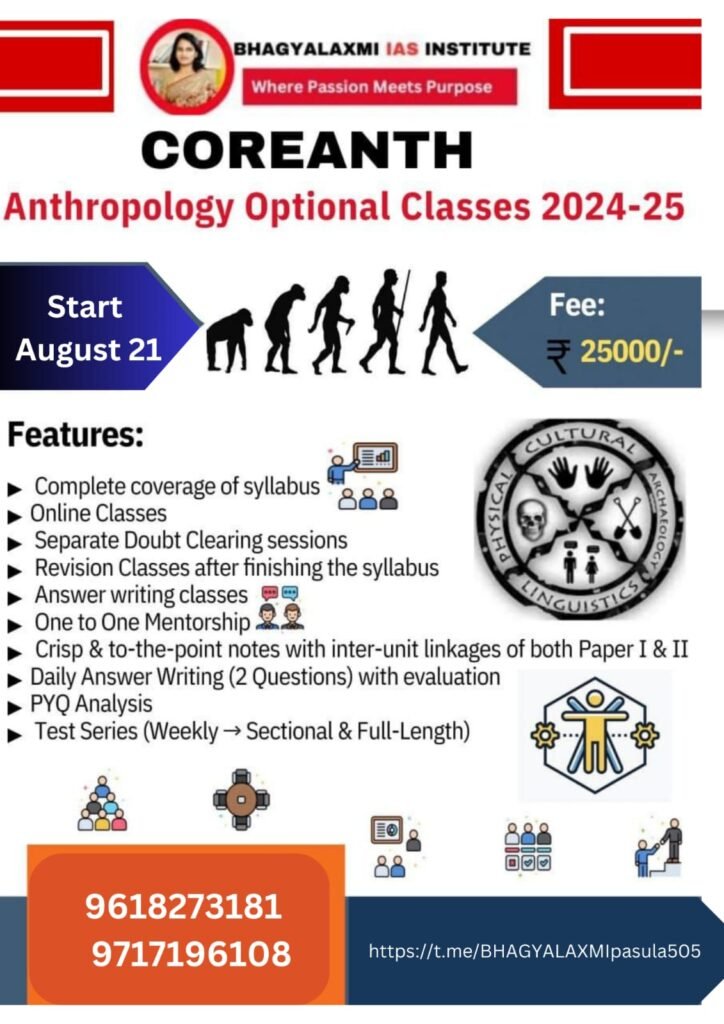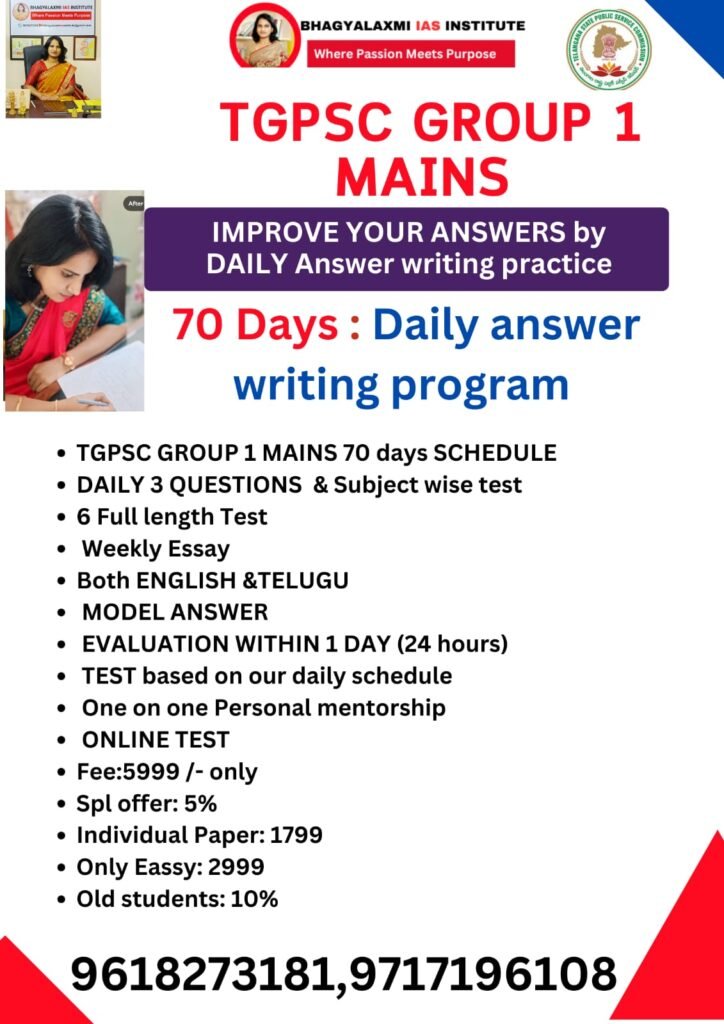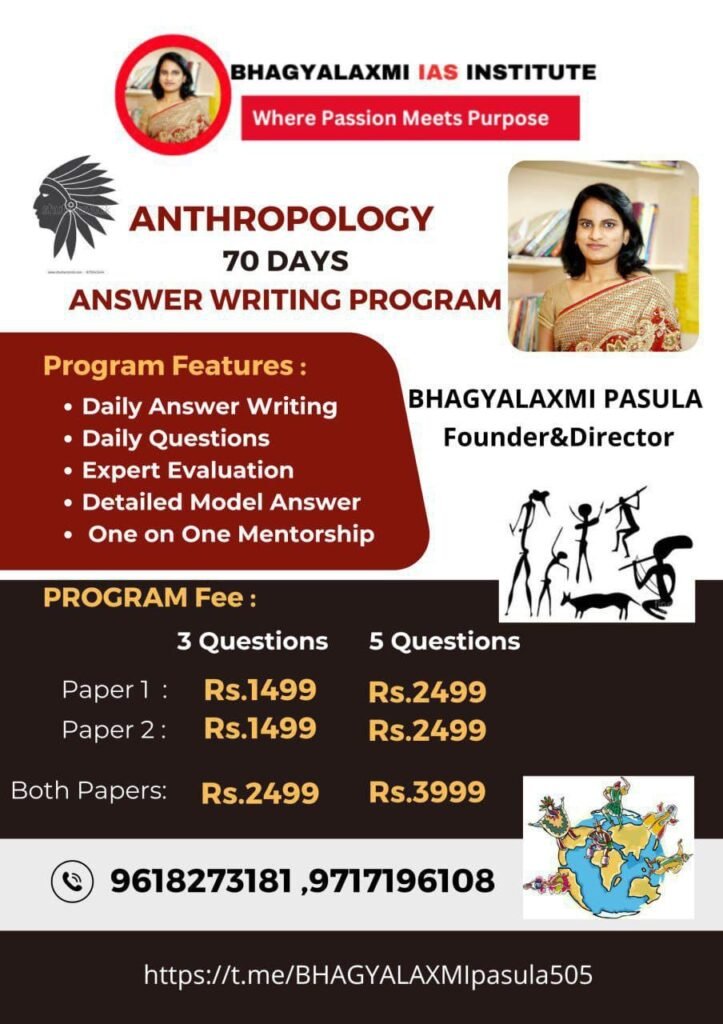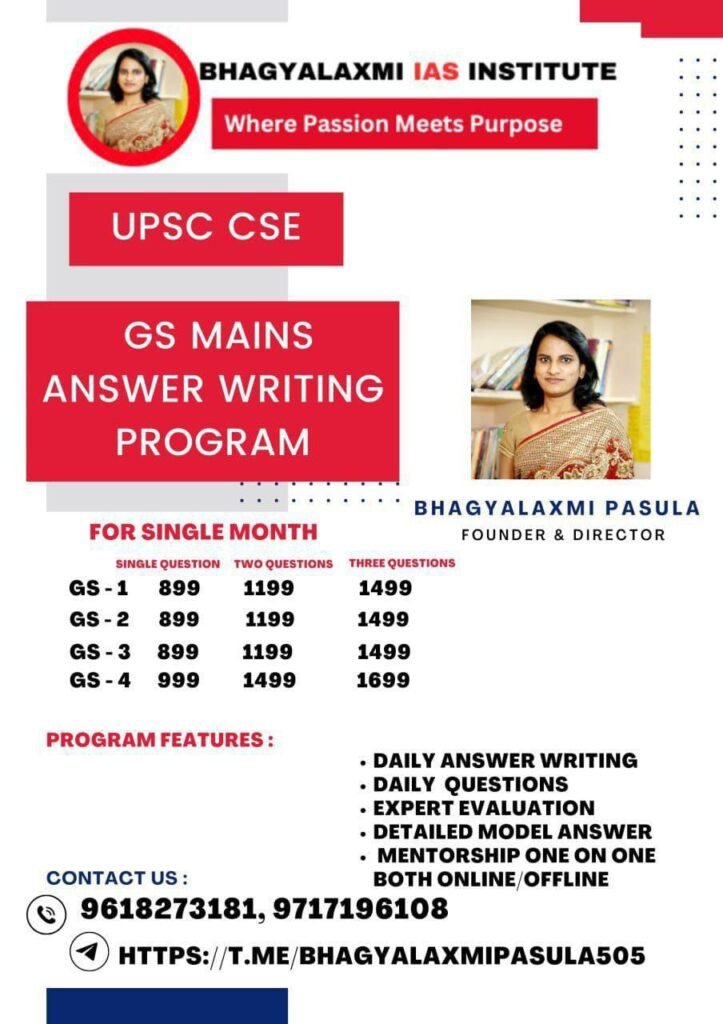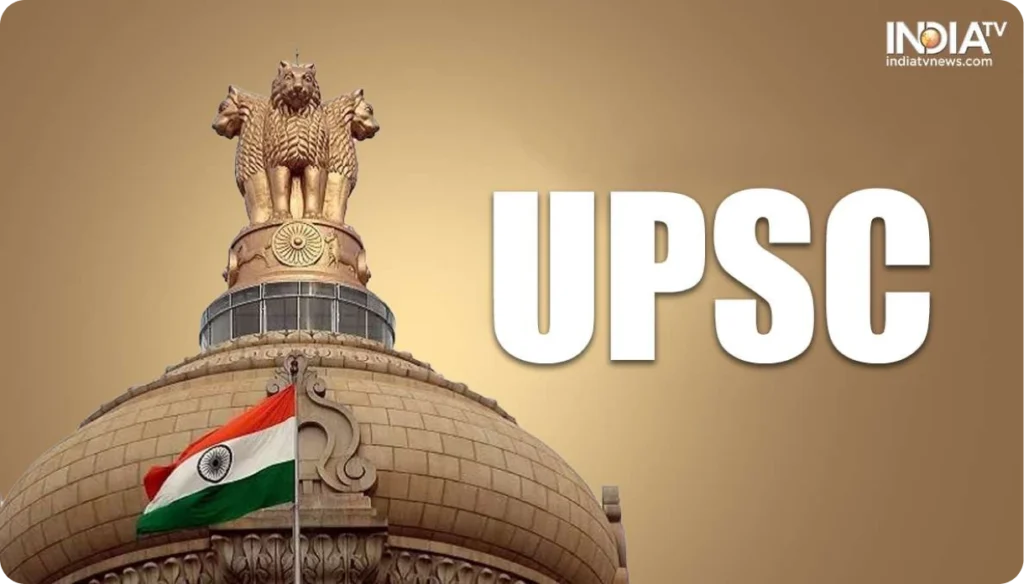
AN INTRODUCTION TO THE CSE EXAM

The Civil Services Examination (CSE) is a national exam in India conducted by the Union Public Service Commission (UPSC) to recruit for top government positions like the IAS, IFS, and IPS. Known as the UPSC exam, it has three stages
- Preliminary Exam: Two objective papers—General Studies (Paper I) and the Civil Service Aptitude Test (CSAT, Paper II).
- Main Exam: Nine essay-type papers, with two being qualifying and seven counting towards the final score.
- Personality Test: An interview.
The entire process takes about a year and involves 32 hours of exams. The UPSC Civil Services Examination is famously challenging and highly sought after by many young people. Passing it offers great opportunities to serve society and become agents of change.
THE CIVIL SERVICES EXAMINATION(CSE)
The Civil Services Examination (CSE) is a prestigious national exam in India conducted by the Union Public Service Commission (UPSC) for recruitment to top government positions such as the Indian Administrative Service (IAS), Indian Foreign Service (IFS), and Indian Police Service (IPS). Commonly known as the UPSC exam, it is structured in three stages, each designed to test the candidate's knowledge, aptitude, and personality.
STAGES OF THE UPSC EXAMINATION
1. Preliminary Examination:
- General Studies (Paper I): This objective paper covers a broad range of subjects, including current events, history, geography, polity, economy, environment, and general science.
- GCivil Service Aptitude Test (CSAT, Paper II): Another objective paper, focusing on comprehension, interpersonal skills, logical reasoning, and analytical ability. This paper is qualifying in nature, requiring a minimum score to pass.
2. Main Examination:
- Two Qualifying Papers: These include one paper on any Indian language and one on English, both of which are qualifying.
- Seven Papers Counted Towards the Final Score: These cover a variety of subjects, including essay writing, general studies (divided into four papers), and two papers on an optional subject chosen by the candidate.
3. Personality Test:
- Interview: Conducted by a board to assess the candidate's personality, suitability for a career in public service, and overall demeanor.
Duration and Difficulty
The entire UPSC examination process spans approximately one year and involves 32 hours of testing. It is widely regarded as one of the most challenging exams in the world, often called 'the mother of all exams.'
Significance and Impact
Despite its difficulty, the UPSC Civil Services Examination is highly sought after by many young aspirants. Cracking this exam offers a prestigious opportunity to serve society and take on influential roles as agents of change in the governance and administration of the country.
The Challenge of the UPSC Civil Services Examination
- The UPSC Civil Services Examination is widely regarded as one of the toughest exams in the world. This reputation stems not from the inherent difficulty of the questions, but from several key factors:
Breadth of Knowledge Required
The exam tests candidates on a wide range of subjects, requiring:
- Basic Understanding: Core concepts from school-level NCERT textbooks.
- Advanced Knowledge: Deeper insights from standard reference books.
- Current Affairs: Awareness of ongoing national and international developments through regular reading of newspapers and magazines.
Breadth of Knowledge Required
The exam tests candidates on a wide range of subjects, requiring:
- Basic Understanding: Core concepts from school-level NCERT textbooks.
- Advanced Knowledge: Deeper insights from standard reference books.
- Current Affairs: Awareness of ongoing national and international developments through regular reading of newspapers and magazines.
Massive Competition
The immense competition is a major factor contributing to the exam’s difficulty. For example
In 2023, about 1.3 million students took the UPSC Prelims exam, aiming for important government positions like IPS, IAS, IFS, and IRS. Out of them, only 14,624 students made it to the Mains exam. The Prelims happened on May 28, 2023, and those who passed appeared for the Mains from September 15 to 24, 2023.
In 2022, around 1.14 million students applied for the UPSC exam. Normally, about 1 million students take the exam yearly, but only 0.2% pass.In the 2020-21 UPSC CSE Prelims (including IFoS(P)), there were 10,56,835 applicants, but only 4,86,952 appeared for the exam.
In the 2019-20 cycle, 11,54,769 applications were received, with 5,74,980 candidates appearing for the exam. Out of these, only 2,302 made it to the interview stage, and just 922 were finally recommended.
Rigorous Selection Process
The multi-stage selection process further intensifies the challenge:
- Preliminary Examination: Serves as a screening test, allowing only a small percentage of candidates to advance.
- Main Examination: Consists of in-depth, essay-type papers that require strong analytical and writing skills.
- Personality Test: An interview assessing the candidate's suitability for a career in public service.
This combination of a broad syllabus, the need for extensive preparation, and fierce competition ensures that only the most dedicated and capable candidates succeed, making the UPSC Civil Services Examination exceptionally difficult to crack.
Navigating the UPSC CSE: Importance of Strategic Approach and Mentorship
- In the pursuit of clearing the UPSC Civil Services Examination (CSE), the emphasis is not solely on being the most knowledgeable or having specialized expertise. Rather, the focus is on developing a comprehensive intellectual framework and analytical prowess.
Strategic Preparation Over Specialized Knowledge
- The UPSC CSE notification highlights the examination's intent to evaluate candidates' intellectual traits and depth of understanding, rather than solely assessing their breadth of information and memory. While knowledge is essential, the exam aims to gauge a candidate's ability to analyze issues from various perspectives and form balanced opinions on socio-economic matters.
The Vital Role of Attitude and Resilience
- Approaching the UPSC CSE as a marathon rather than a sprint underscores the necessity for a resilient attitude. Winston S. Churchill's assertion that "Attitude is a little thing that makes a big difference" resonates strongly in the context of this examination. Success hinges not only on academic preparation but also on cultivating a mind-set that can navigate challenges, setbacks, and failures with optimism and a growth-oriented outlook.
Building a Well-Rounded Personality
- The UPSC CSE's interview component aims to assess candidates' mental caliber and overall personality. Qualities such as mental alertness, critical thinking, clear communication, balanced judgment, and leadership abilities are crucial for success. As such, aspirants are encouraged to develop diverse interests and hobbies to enrich their personalities and demonstrate social cohesion and integrity during the interview process.
Chase Your Dreams with Unwavering Resolve
- Now that you've acquainted yourself with the intricacies of the UPSC Civil Services Examination (CSE), delve deeper into the syllabus, peruse previous year's question papers, and explore the innovative initiatives available on our website. Feel free to reach out to us for further guidance, either through a phone call or a personal meeting, where you can interact with us and other aspirants to gain clarity on your decision to pursue this path.
- Once you've made the decision to embark on this journey, give it your all and dedicate sincere efforts towards your goal. Remember the words of Richie Norton: "There is only one way to bridge the perceived gap between a person and his or her greatest dreams, and that is to begin." So, take that first step towards realizing your aspirations with determination and conviction.


